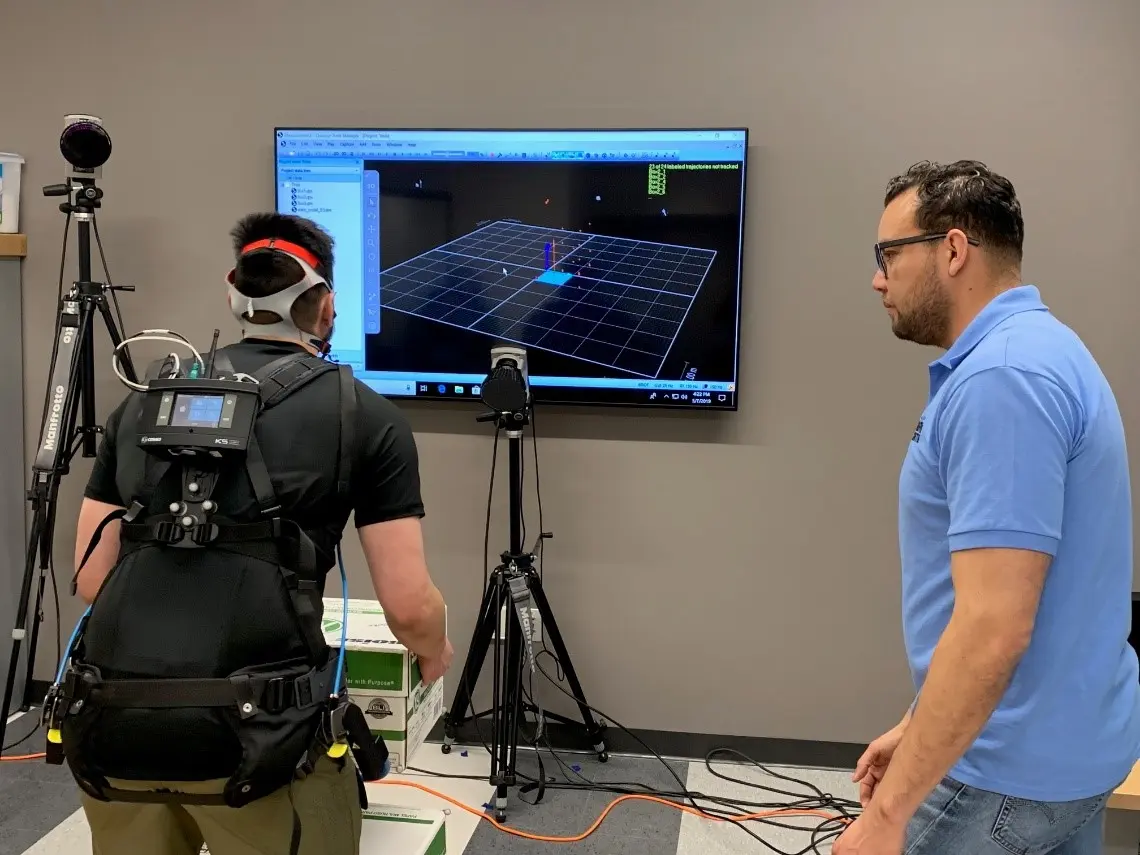Which courses will you take?

UMass Lowell is the first public university in Massachusetts to offer a B.S. in Biomedical Engineering. Featuring a rigorous curriculum, world-class faculty and innovative research, our program prepares students to design and create medical devices and equipment.
You will begin with courses in basic science and mathematics to gain a firm understanding of the fundamentals and develop analytical techniques. Continue learning core biomedical engineering topics such as bioinstrumentation, biomechanics, biomaterials and quantitative physiology before choosing to specialize in one of two tracks: Cellular and Tissue Engineering or Medical Device Design.
Woven throughout are courses in the arts, humanities and social sciences that help students broaden their perspectives, develop effective communication skills and gain exposure to the concepts of values and ethics.
You can also choose to complete the requirements for graduate education in one of the health professions, including medicine, dentistry, veterinary or physician’s assistant, with only a few additional courses.
Visit the Academic Catalog for a complete course listing.




